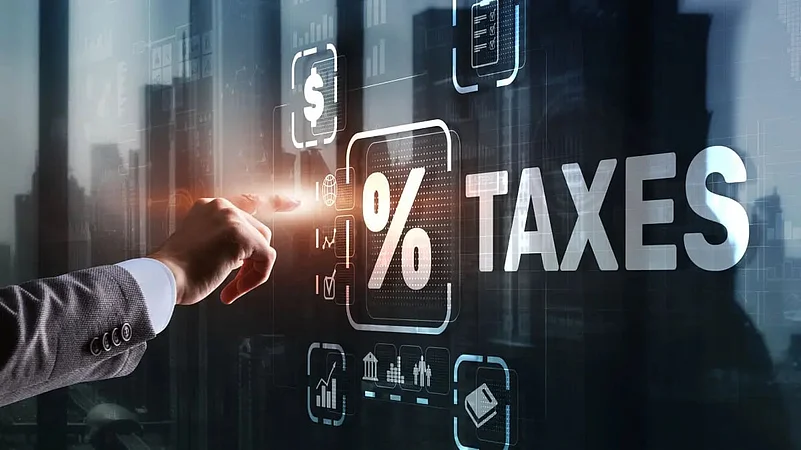Filing taxes is a tedious job. To give small business owners relief from maintaining large books of account, the government had initiated the concept of a presumptive taxation scheme under the Income-tax Act, 1961. This allows the taxpayer to declare an income at a prescribed rate.
Says Sanjiv Bajaj, joint chairman and managing director, Bajaj Capital: “Presumptive taxation is a simplified tax scheme that allows small businesses and professionals to report their income and pay taxes based on a presumed income or profit, instead of maintaining detailed books of accounts and undergoing audits. In India, this tax scheme is available to eligible taxpayers under specific sections of the Income-tax Act, 1961, namely sections 44AD, 44ADA, and 44AE.”
By choosing presumptive taxation, taxpayers can save valuable time and resources that would otherwise be spent on maintaining detailed books of accounts and undertaking audits. It’s essential to ensure that the presumed income or profit declared is reasonable and in line with industry standards. Otherwise, the tax department can initiate an inquiry to scrutinise the taxpayer’s income details.
Says Suneel Dasari, founder and CEO, EZTax.in, an online income tax filing portal: “To facilitate ease in tax compliance for micro and small businesses with a turnover of less than Rs 2 crore, the Income-tax Act, 1961 enacted a presumptive taxation scheme under Section 44AD that does not require the business to maintain books of accounts, and the taxable income is computed at 6 per cent for the turnover that is received through the banking system or digital payments; otherwise, it is 8 per cent.” A similar modal exists is for professionals whose turnover is up to Rs 50 lakh under Section 44ADA.”
Who Is Eligible: It is vital to note that not all taxpayers are eligible for presumptive taxation.
“For example, taxpayers who have chosen the new tax regime cannot select presumptive taxation. Moreover, taxpayers who have income from sources other than business or profession are not eligible for presumptive taxation. In addition, taxpayers with turnover or gross receipts exceeding the specified limits cannot opt for presumptive taxation,” says Bajaj.
Section 44AD of the Income-tax Act, 1961 allows small businesses with a turnover of up to Rs 2 crore, engaged in businesses other than transportation, agency, commission, or brokerage, to choose presumptive taxation.
Section 44ADA of the Act allows professionals engaged in specified professions, such as legal, medical, engineering, architectural, accounting, technical consultancy, and interior decoration, with gross receipts up to Rs. 50 lakh, to opt for presumptive taxation.
Section 44AE of the Income-tax Act, 1961 enables owners of up to 10 goods carriages, who are not maintaining books of accounts, and use them for business or profession, to choose presumptive taxation.
Says Dasari: “Overall, this offers tremendous benefit to small businesses. Recognising this, Budget 2023 extended the turnover criteria for presumptive taxation to up to Rs 3 crore for MSMEs and Rs 75 lakh for professionals, effective April 1, 2023.”














